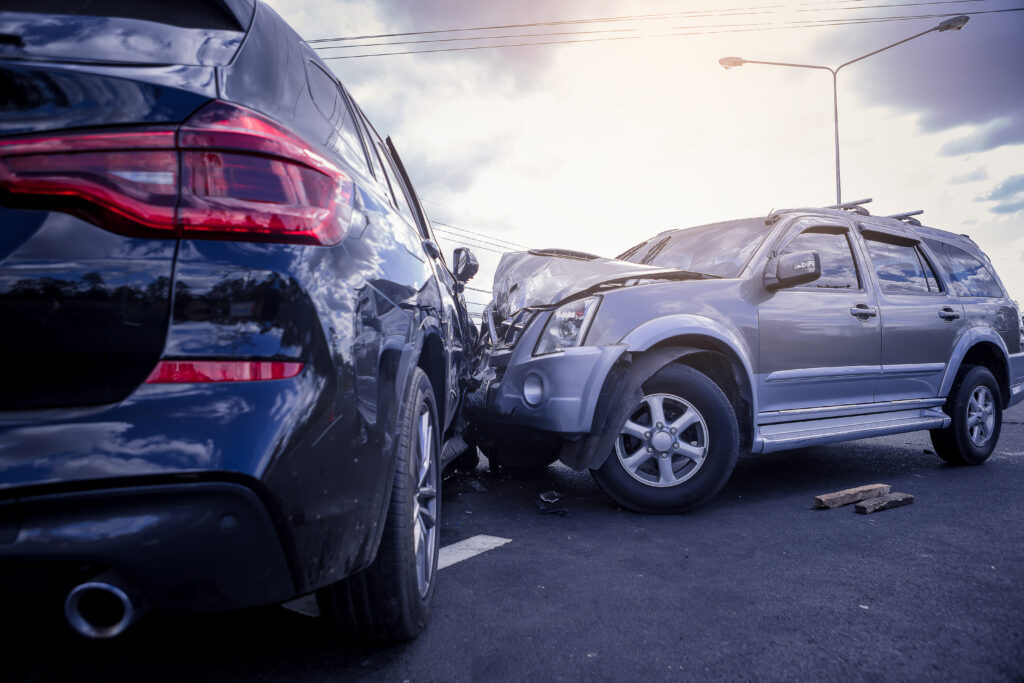What is Limited Tort Law?
Every car insurance policy issued in this state must be either full tort or limited tort. When a Pennsylvania resident buys a car insurance policy with the limited tort option, they are limiting their ability to sue an at-fault driver after a car accident happens. They can only recover for financial losses only, not for pain and suffering. The alternative, full tort, contains no such limitation. It may seem counter-intuitive that an option you select on your own policy affects your ability to sue someone who caused a car accident. Unfortunately, that’s the law in Pennsylvania. It was designed to bring premiums down, thus encouraging more people to purchase auto insurance. That’s exactly what it does. Limited tort policies cost much less than full tort policies.
There are several exceptions to the limited tort law. One of the most commonly litigated ones is the “serious injury” exception. Learn more about Pennsylvania’s limited tort law.
Does Limited Tort Apply to Bike or Pedestrian Accidents?
When it comes to bike or pedestrian accidents, the limited tort option will NOT apply in any claims against an at-fault driver. An insured driver (or member of the household) who is injured in a bike or pedestrian accident retains full tort rights against an at-fault driver. Pennsylvania law is quite clear on this point. In order for the limited tort option to apply, you have to be physically located inside of a car as either the driver or a passenger.
Does Limited Tort Law Apply to a Pedestrian or Bike Rider’s UIM/UM Claim?
What about an underinsured or uninsured (UIM/UM) claim? Does limited tort apply to UIM/UM claims made by a pedestrian or bike rider? The answer to this question is not so clear and is pretty complex.
At the outset, it’s important to understand limited tort law and how its exceptions apply. There are multiple exceptions to limited tort law, which allow a limited tort driver to retain full tort rights. One of the main exceptions is the serious injury exception. If a limited tort driver suffers an injury that meets the legal definition of a “serious injury,” they get to make the same claims as a full tort driver.
Courts in Pennsylvania have held that in general, the limited tort election applies to UIM/UM claims, but without the benefit of the exceptions. Courts have held that for limited tort drivers who make UIM/UM claims, none of the exceptions, except the serious injury exception, apply. In other words, a limited tort driver who makes a UIM/UM claim after a car accident would be subject to the limited tort law and cannot use the limited tort exceptions. The only way to get compensated for pain and suffering in a UIM/UM claim is to show that the injury meets the definition of a serious injury.
However, there are only a few court cases in PA which have ruled on this issue, and those cases involved plaintiffs who were injured as drivers or passengers, not pedestrians or bike riders. See Rump v. Aetna (Pennsylvania Supreme Court, 1998) (case involving a driver hit by an out of state car) and Huston v. Geico (Pennsylvania Superior Court, 2013) (driver hit by a drunk driver).
So, whether the limited tort election applies to a pedestrian/bike rider’s UIM/UM claim will depend on the facts of each case and the specific language of the UIM/UM coverage in the auto insurance policy. Many policies dictate that UIM/UM coverage only applies when the insured is riding in a vehicle or riding in the insured vehicle.
For example, a pedestrian is injured in a hit and run accident in downtown Philadelphia. The driver of the striking vehicle flees after the accident and is never found. Can the pedestrian recover for her injuries by filing a UM (uninsured) claim with her own insurance company?
Applying the reasoning of a 2005 PA Supreme Court case, L.S. v. Eschbach, the pedestrian’s UM claim would be filed. The Court in that case held that since Section 1705 of PA’s auto insurance law made no mention of pedestrians, limited tort does not apply to pedestrians. This same reasoning would probably apply in a UIM/UM claim made by a limited tort pedestrian. In other words, there’s no legal bar, on the basis of the limited tort law, to filing a UIM/UM claim after a pedestrian or bike accident. See generally Bish v. Am. Collectors Ins., Inc. (U.S. District Court, Pennsylvania 2017) (pedestrian’s UIM claim barred due to language of the UIM policy; nothing in the court opinion discussed any legal basis to prevent the claim under limited tort law).
However, there’s a catch. Let’s assume that the language of the pedestrian’s own auto insurance policy says that UIM/UM coverage only applies when the insured is operating or riding in a motor vehicle (and many PA auto insurance policies are written this way). The specific language of the insurance policy would prevent the pedestrian from recovering altogether because the accident clearly didn’t happen while the insured was operating or riding in a car.
More: Philadelphia Car Accident Lawyer Discusses Misconceptions About Limited Tort
Pennsylvania Limited Tort Car Accident Lawyers – Representing Pedestrians and Bicyclists
If you have limited tort and were injured in a bike or pedestrian accident in Pennsylvania, it is vital that you seek legal advice immediately. Limited tort law and UIM/UM law are very complex. Contact our auto injury lawyers for a free consultation. Call (215) 399-9255.
DISCLAIMER: This website does not create any attorney-client relationship or provide legal advice. It is crucial to speak to a qualified lawyer prior to making any decision about your case. Read full disclaimer at the bottom of this page.

